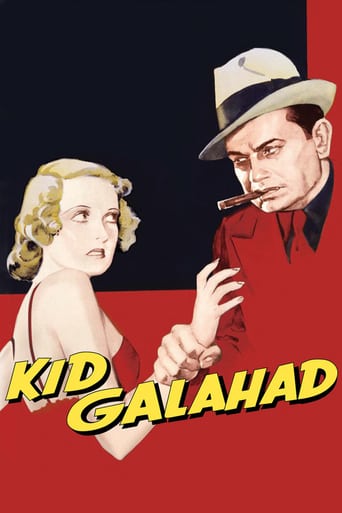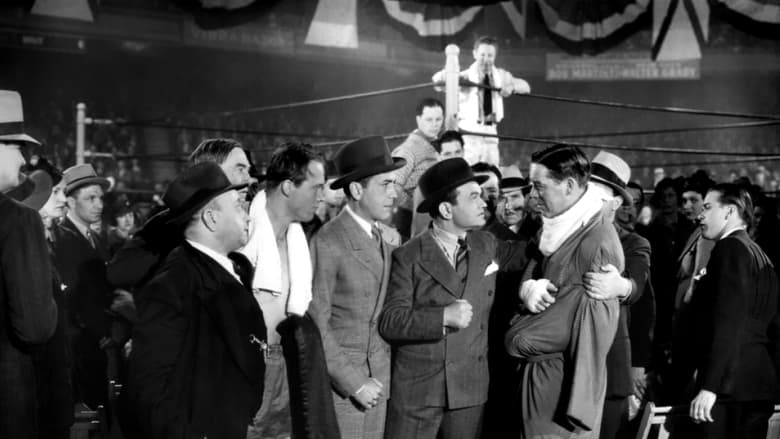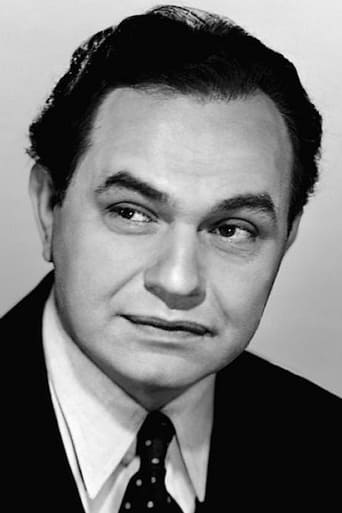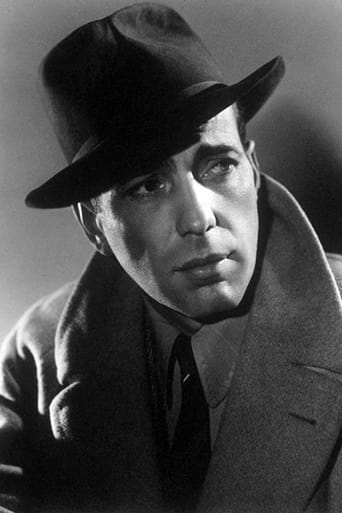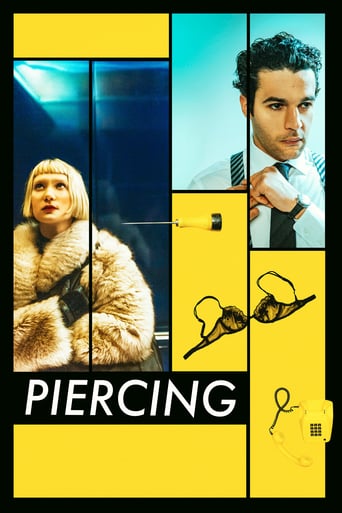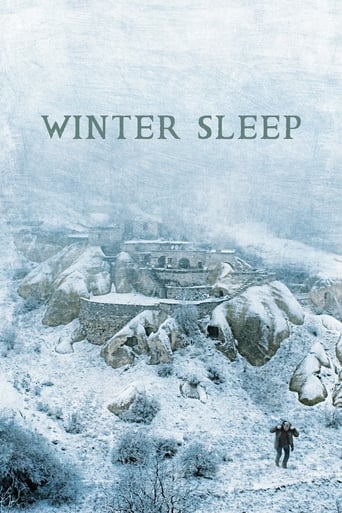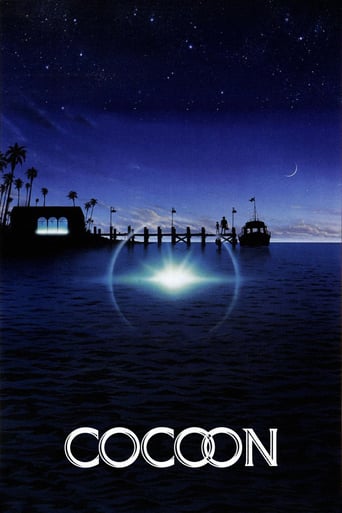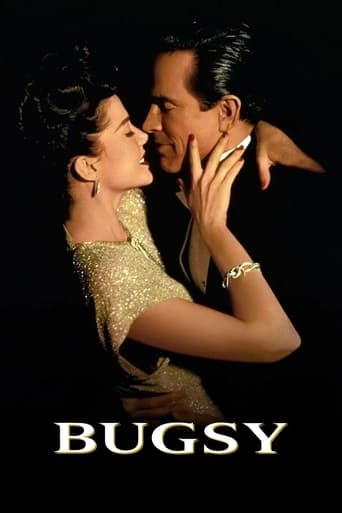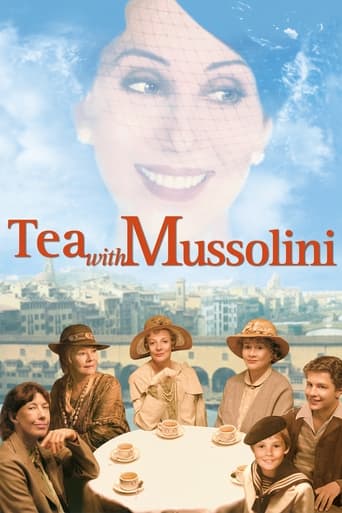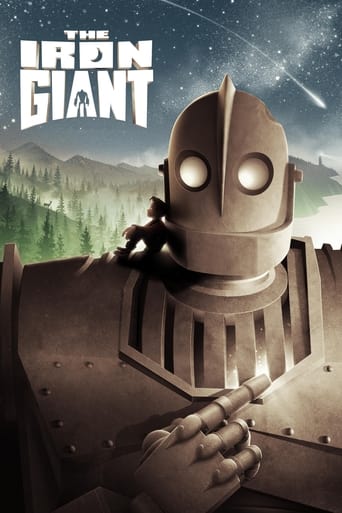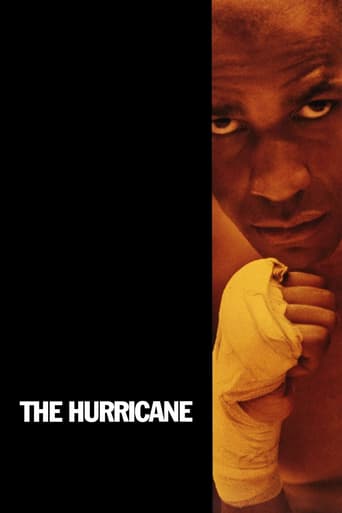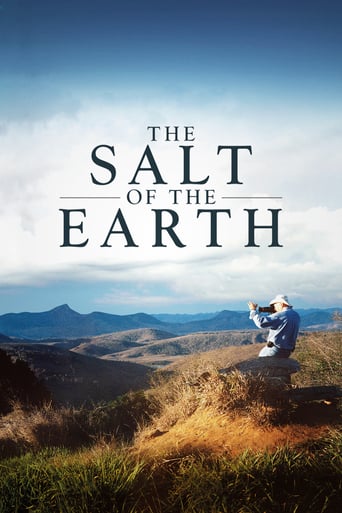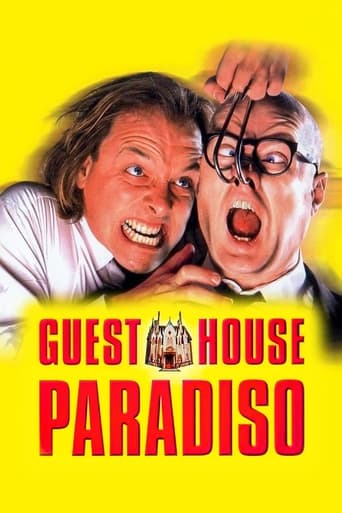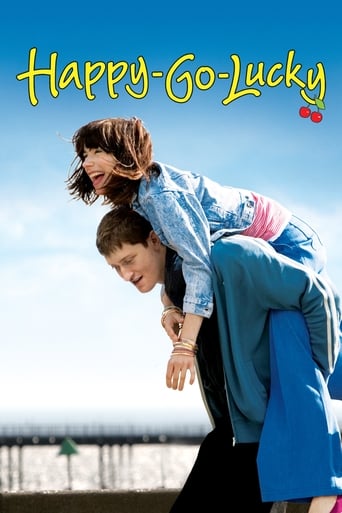Kid Galahad (1937)
Fight promoter Nick Donati grooms a bellhop as a future champ, but has second thoughts when the 'kid' falls for his sister.
Watch Trailer
Free Trial Channels
Cast


Similar titles
Reviews
Intense, gripping, stylish and poignant
n my opinion it was a great movie with some interesting elements, even though having some plot holes and the ending probably was just too messy and crammed together, but still fun to watch and not your casual movie that is similar to all other ones.
It's a mild crowd pleaser for people who are exhausted by blockbusters.
True to its essence, the characters remain on the same line and manage to entertain the viewer, each highlighting their own distinctive qualities or touches.
This review will contain information that some may perceive as "spoilers" for both the original KID GALAHAD, from 1937, and the Elvis Presley remake, from 1962. Probably few world reviewers have watched every minute of both of these flicks in the past month, so these comparisons are fresher in my mind than many. Mr. Morris makes a more convincing contender for the world heavyweight boxing championship than Mr. Presley. (Score one for Wayne.) Mr. Morris does not try to sing; what boxer WOULD?! (Score another for Wayne.) Before the Chippendales, the women of America went Ga-Ga over Mr. Morris' version of the Kid. (Score a third for Wayne on originality, as the initial American Sex King.) Mr. Morris' corner men and antagonists were played by Edward G. Robinson and Humphrey Bogart; playing these roles in the remake were Gig Young and David Lewis. (Score 97 for Wayne.) As you can see, there's no danger of a split decision here. Wayne Morris captures the title as the preeminent KID GALAHAD, 100-0!
Don't let the poster mislead you, "Kid Galahad" isn't a sport movie. See, in a sport movie, the athlete owes his success to his talent, his guts, strength, passion, heart and all the inspirational stuff; but in "Kid Galahad", the managers are the real fighters. In fact, the film follows a simple pattern, easily verifiable: whatever the manager suggests, it works, either to make the opponent lose or win. Take a scene, a good one by the way, where Bogart tells his champ to whisper some words to Robinson's protégé although the outcome isn't in his favor, you know he got exactly what he wanted. It's just as if the final result only depended on the manager's aims and motivations, no matter how twisted they are.It seems simplistic but this is how it works in Michael Curtiz' "Kid Galahad", a seemingly Cinderella story about a young bellboy who becomes a boxer after demonstrating the value of his punch during an incident. Galahad is the chivalrous nickname to honor his gallantry and also because his real name Guisenberry (he's called Gooseberry by Robinson) wouldn't even sell free newspapers. In fact, the young boxer, who's too idealistic (euphemism for naive) to be believable, is more a bait for his trainer's personal schemes and the journalists who want some juicy events to print on big headlines and I thought Mickey in "The Fighter" was passive, although Galahad has an excuse: the film isn't a sport film per se, and it might be inferior to "Rocky" but it's still better than "The Fighter""Kid Galahad" isn't a sport film because it's mainly about sport-business, and the rivalry between two businessmen: in one side, Edward G. Robinson as Nick Donati (again, he plays an Italian American in a convincing way, his Italian delivery is molto bene) and in the other, Turkey Morgan, Bogart again as the treacherous villain with a derogatory name. And no matter how thrilling and well-made the boxing matches are, they're never as exciting as watching each of Robinson and Bogie trying to outsmart one another. If sport is a business, business is sport too, with fewer rules naturally in fact, between Donati and Morgan, it's no holds barred, and let the most tactical win. And going into the depths of their calculations is one of the film's greatest delights.Yet as much as I enjoyed the movie, I couldn't overlook how dated it was, but nor for the reasons you'd think. It is not dated because of its sappy and predictable romance between 'Goosebbery', the gentle-giant who falls in love with Donati's sister although no signs of mutual attraction are ever showed. It is not dated because the athlete prefers the bland Marie to a young and charismatic Bette Davis playing Fluff, Donati's girlfriend. It is not dated because of the performance of Wayne Morris as Galahad, although he seems to gain more confidence as the film progresses. It is dated for one simple reason: we know that Bogart is the best actor in the film along with Robinson yet he gets the shortest screen time. Curtiz would (thankfully) amend himself by giving him the lead role of "Casablanca".I bet Curtiz would have blamed himself to have given such an ungrateful role to Bogie, or without giving him the chance to add some substance or redeeming qualities to his character. The fact is, because it's Bogart, we tend to root for him, or at least, to put Donati on an equal level of crookedness, which at one point of the film, shows. And by exploiting the more forgettable figure of the boxer without trying to keep a straight focus on the rivalry between Bogie and Robinson, there is a surely wasted opportunity to give more depth to Bogart's character. The film is never more exciting as in the scenes without the boxing champion. And Bogie is so great in playing strong but sensitive characters, it's painful to watch him as a one-dimensional bad guy."Kid Galahad" succeeds in showing how boxing management works, with bookies and journalists as accessories, through the way they are lured into teasing the players' egos, as if the Press itself was only the extension of the ring that's something not many films, even today, bothered to show and "Kid Galahad" is an eye-opening experience. Take the scene I previously mentioned, when Galahad is told to wear his adversary out without knocking him off, but then Morgan tells his protégé to whisper something about Fluff and he's immediately knocked down, proving that he's ready for a shot at the title, Donati is reluctant but then journalists are used as foils to provoke the match and they play their little game perfectly. The match isn't fixed except the one that goes outside, which ends up being the most important one.That documentary aspect of the film is really exciting and works like a great slice of American sports' life before the War. It's also one of the first bits of gangster revisionism movies before the iconic "Angels With Dirty Faces" Robinson and Cagney will switch to other movie genres, while the eternal outsider, Humphrey Bogart, will stay on the crime drama and embody the most prevalent Post-War genre: film noir, letting him reveal this side of his iconic charisma, and just because it was made before "High Sierra" and "The Maltese Falcon" the film is dated, exciting but dated.It's redeemed by the great performances of the trio Robinson, Bogart and Davis, of the entertaining match games and the magnificent insight on sports business and its intricacies between journalism and money issues, which hasn't changed much. Well, I guess, it's not as dated as it seems. Not a heavyweight masterpiece, but a middle weight little gem.
Director Michael Curtiz was known for manly films like The Adventures Of Robin Hood, Captain Blood, Angles With Dirty Faces but he also directed women's pictures like Mildred Pierce and the musical Yankee Doodle Dandy. This is the first of six films where Curtiz worked with Humphrey Bogart, his most famous is Casablanca. The powerhouse triumvirate of talent almost overpowers the story. Kid Galahad stars Edward G. Robinson who is wonderful as the headstrong fight promoter, Bette Davis provides romantic chemistry as his compassionate girlfriend and Humphrey Bogart (still early in his career) plays a rival boxing manager that uses gangster tactics to get his own way.Bette Davis had just returned to Warner Bros. after attempting to walk out on her contract in 1935 when she made Kid Galahad, a hybrid gangster-boxing film in 1937. Although far from the types of vehicles that would make her the studio's top box office star in a few years, it served both her and the studio well. Warner's got her name on the marquee to draw her growing legions of female fans to an otherwise male- oriented film, while she got the chance to appeal to a more masculine audience than usual. The result was a hit for her that would remain a classic boxing flick for decades.Francis Wallace's novel, which had been serialized in The Saturday Evening Post, was a natural for Warner Bros. with its mix of boxing action and gangland corruption. The studio had the perfect actor for the role of tough fight manager Nick Donati in Edward G. Robinson, who had been a star there since his triumph in Little Caesar (1931). His gangland rival was a good role for supporting gangster star Humphrey Bogart. And the part of the young bellhop who belts his way to victory when the reigning champ puts the moves on Robinson's girlfriend (Davis), would be ideal for showcasing screen newcomer Wayne Morris. Davis was happy to accept the secondhand role, particularly as she was still waiting for the studio to develop a script for her next big vehicle, Jezebel (1938). She was also eager to work with Robinson, but after one day of shooting, he went to production chief Hal Wallis to demand she be replaced. In his opinion, she was little more than an uncontrolled, although gifted amateur. He would repeat that assessment in his memoirs, arguing that she had left the stage for Hollywood before developing control of her craft. Davis never spoke ill of Robinson, though she observed wryly in later years that he had stopped shooting during a death scene to complain to director Michael Curtiz that she and co-star Jane Bryan were drowning out his final speeches with their sobbing. The stars would never work together again.One lasting relationship that came out of the film was between Davis and Irving Rapper, who would direct her biggest hit, Now, Voyager (1942). Rapper had just been hired as the film's dialogue director when, on his first day, he watched Curtiz staging a fight scene between Davis and Robinson. When Davis failed to respond properly to a shove from Robinson, Curtiz yelled, "That's not the way to fight, you damn bum!" Davis asked him to show her what he wanted, so Curtiz took her place in the scene. Robinson didn't want to throw the director around, afraid the larger man would hurt him, but he got into things when Curtiz started playing the scene as a Davis imitation. When Robinson pushed the director, he banged into a table and bounced back, almost knocking over his leading man. Davis got the point and stepped into the scene. But Robinson forgot to adjust the shove for his much lighter leading lady, and she went flying across the stage, landing in Rapper's lap. "My God, who are you?" she asked. When Rapper introduced himself as the film's new dialogue director, she quipped, "Thank God you caught the ball!" The boxing scenes were as real and brutal as any filmed previously. After the scene in which Morris knocks out a boxer in the ring, Curtiz screamed that it looked fake and demanded a re-take. But they had to wait for the actor to regain consciousness; he really was down for the count. When Kid Galahad came out, the author Wallace was so impressed he sent Morris a telegram, "Thank you for bringing our boy over the border of fiction into reality." Kid Galahad was a hit with critics and audiences alike, with many of them praising Robinson and Davis for their professionalism and singling out Morris as a bright new talent. Ultimately, the studio would fail to come up with suitable follow-ups for the young actor, who would fade into supporting roles his best being in Stanley Kubrick's Paths Of Glory. Many critics also hailed the film as the best boxing picture to date. Please notice the fine character work of actors: Harry Carey as the trainer, Jane Bryan as Robinson's sister, William Haade as the Champ and Joe Cunningham as the reporter.Finally when The Mirisch Bros. bought the story as a vehicle for Elvis Presley (with Gig Young and Lola Albright in the other leads), Warner's re-titled Kid Galahad for television prints as The Battling Bellhop to avoid confusion with the Elvis re-make which was now a comedy-musical-boxing-drama.
This was certainly not the most original movie made by Warner Brothers, but it was an excellent showcase for the talents of Edward G. Robinson and cast. It's a perfect example of the type of film this company made so well in the 1930s--a simple and predictable story combined with excellent dialog and acting and breezy direction. While this story will not change the world, it is well worth the watching. By the way, this story has been remade several times---such as THE WAGONS ROLL AT MIDNIGHT (with Humphrey Bogart taking on the Edward G. Robineson part and Eddie Albert playing a lion tamer instead of a boxer) and KID GALAHAD (with Elvis). None of these films are quite as satisfying as this film. So my advice is, if you only want to see one, watch this one.

